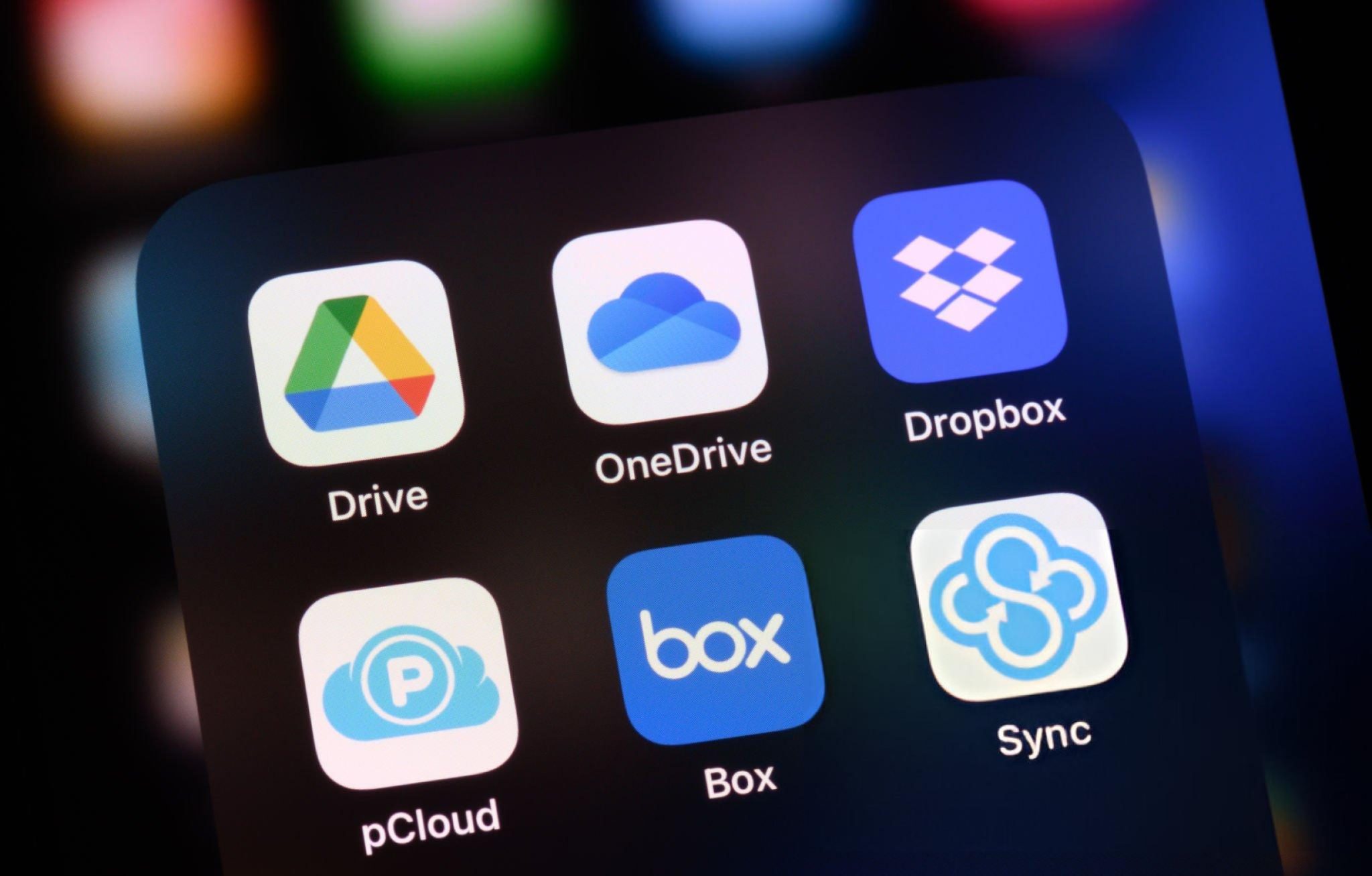Think tank urges UK to take on apple and google to boost economy
The UK’s competition watchdog must be further empowered to tackle the market dominance of tech giants Apple and Google in order to foster innovation and stimulate economic growth, a leading think tank has said.
In a new report, the Institute for Public Policy Research (IPPR) argued that stronger competition laws are essential if Britain is to encourage a fairer digital economy. The think tank warned that the control Apple and Google exert over their app stores and associated payment systems could be hampering the growth of British businesses.
Despite facing growing political scrutiny and what the IPPR described as “intense lobbying” from the American tech firms, the UK Government must stand firm and enhance the powers of the Competition and Markets Authority (CMA), the report said.
Apple and Google’s app stores are currently under investigation by the CMA over concerns that their practices may be limiting competition. Both companies impose commissions of between 15% and 30% on in-app purchases, a policy the IPPR estimates will generate between £1.5 billion and £2.4 billion in revenue from the UK alone this year.
The think tank contends that in a more open and competitive market, where commission rates are closer to 12%, as seen in some alternative app store models, up to £1.4 billion could instead flow directly to developers. According to the IPPR, this would be a significant boost for British developers, enabling them to invest in innovation, create jobs, and grow their businesses.
The report also noted that the European Union has already moved decisively in this area, introducing new legislation that forces Apple and Google to open their app stores to third-party platforms and allow developers to use alternative payment systems. The IPPR argued that the UK risks falling behind unless it adopts similar measures.
Dr George Dibb, associate director for economic policy at the IPPR, insisted that enforcing robust competition laws is not anti-business, but rather a “pro-business, pro-worker, pro-growth agenda.”
“If we weaken those rules, we’re letting dominant firms and tech giants hold back innovation and investment. That’s money being extracted from British businesses and workers and funnelled to monopolistic firms, often overseas,” he said.
Dr Dibb also pointed out that in the United States, there is bipartisan support for challenging the power of dominant tech firms, with both the Trump and Biden administrations taking legal action against Google and Facebook.
“The UK Government must back the CMA to act more decisively – to ensure our economy supports exciting new enterprises, not just entrenched incumbents,” he added.
In addition to strengthening the CMA’s enforcement capabilities, the IPPR called for the regulator to adopt a formal mandate to promote economic growth and specifically target business practices that suppress wages or undermine smaller firms.
Responding to the report, a CMA spokesperson said that the new digital markets competition regime, introduced earlier this year, had enhanced its ability to challenge unfair online practices.
“The CMA is currently investigating Apple’s and Google’s mobile ecosystems – which includes their app store practices – with provisional outcomes expected in the summer,” the spokesperson said.
Meanwhile, a Government spokesperson reaffirmed the Government’s commitment to strengthening competition and consumer protections.
“That’s why we have introduced a new steer to the CMA and granted them new powers via recent legislation to promote more competitive digital markets to ensure consumers and businesses are treated fairly,” the spokesperson said.
A Google spokesperson rejected the report’s findings, insisting that it “fundamentally misrepresents” Google’s services.
“Android offers a choice of app stores for developers and has democratised access to smartphones, generating over £9.9 billion in revenue for British developers and supporting over 450,000 UK jobs,” the spokesperson said.







